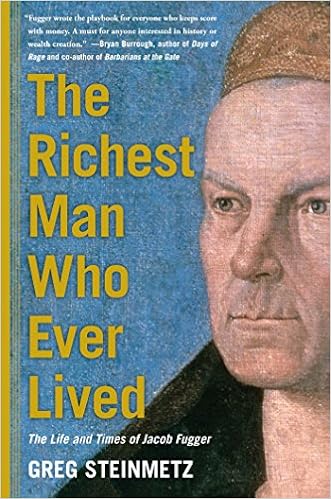Yet another UK trader is being punished by overzealous regulators for an accomplishment that should instead have earned him accolades: Outsmarting the machines.
In a case that echoes some of the circumstances surrounding the scapegoating of former UK-based trader Nav Sarao, former Bank of America Merrill Lynch bond trader Paul Walter has been fined 60,000 pounds by the FCA for a practice that regulators call ‘algo baiting’.
Algorithm baiting is similar to spoofing – a practice that has been banned by stock-market regulators as those markets have embraced high-frequency trading practices that have broken markets and made them more vulnerable to this type of manipulation. But fixed income markets, like the Dutch loan market Walter is accused of manipulating, have been slower to embrace HFT-type trading. Because of this delay, Walter is a pioneer. Using BrokerTec, a popular fixed-income trading platform, Walter would place a bunch of bids for a given bond, triggering trend-following algos to follow suit. Then he would quickly cancel the bids. Here’s a more complete explanation per the Financial Times.
Mr Walter entered bids for Dutch state loans that pushed up their price. Then, when other algorithmic trades followed him in response and raised their bids, Mr Walter sold to them and cancelled his quote. This happened 11 times between July and August 2014 while he was working for the bank, the FCA said, while on one occasion he did the opposite. He netted a total of €22,000 profit from this “algo baiting”.
Mark Steward, the head of FCA enforcement, said the FCA would remain “vigilant” in detecting abusive practices like “algo bating”. Of course, programmers could also build better algorithms, stamping out the practice without any help from the government.


 Well, maybe. The other day I read that Mansa Musa, who ruled West Africa’s Malian Empire in the Middle Ages, was the richest person in history, with a personal net worth of $400 billion at the time of his death. Greg Steinmetz’s The Richest Man Who Ever Lived (Simon & Schuster, 2015) isn’t about Mansa Musa, however, but about Jacob/Jakob Fugger (1459-1525), the groundbreaking banker and mining magnate from Augsburg, Germany.
Well, maybe. The other day I read that Mansa Musa, who ruled West Africa’s Malian Empire in the Middle Ages, was the richest person in history, with a personal net worth of $400 billion at the time of his death. Greg Steinmetz’s The Richest Man Who Ever Lived (Simon & Schuster, 2015) isn’t about Mansa Musa, however, but about Jacob/Jakob Fugger (1459-1525), the groundbreaking banker and mining magnate from Augsburg, Germany.